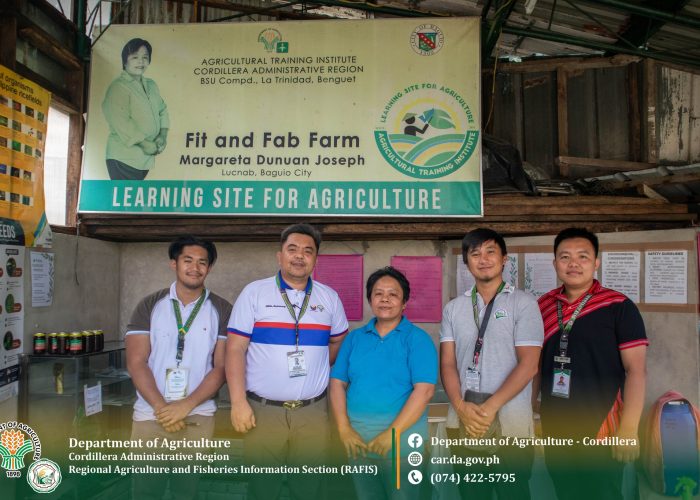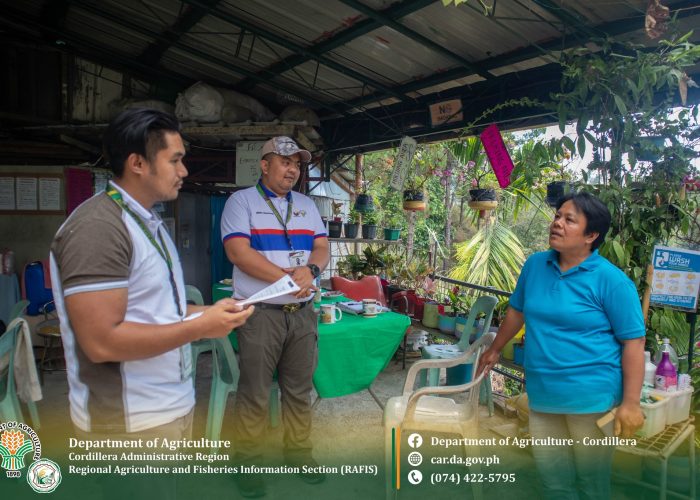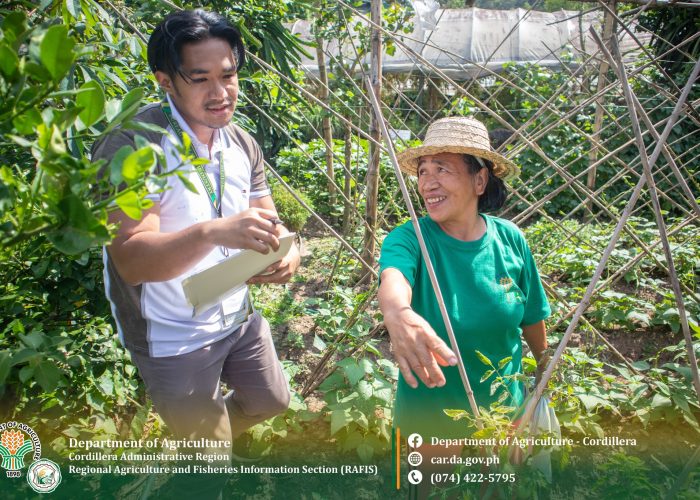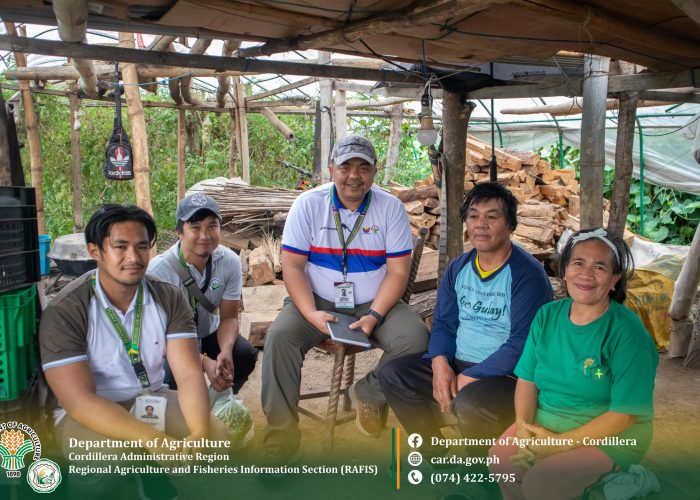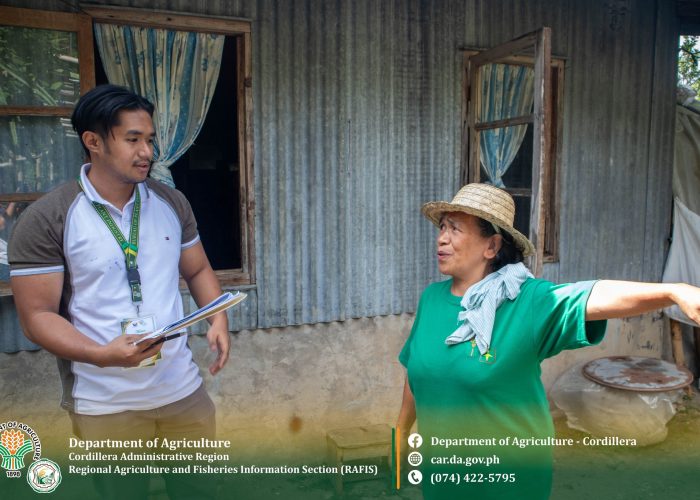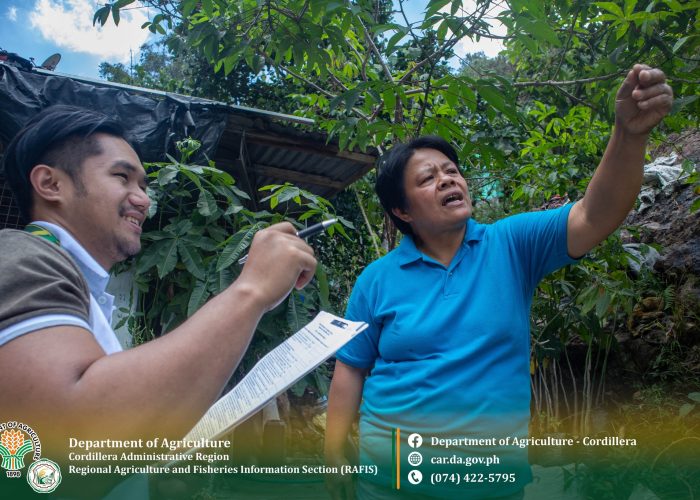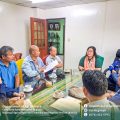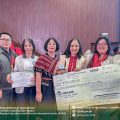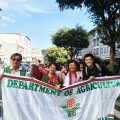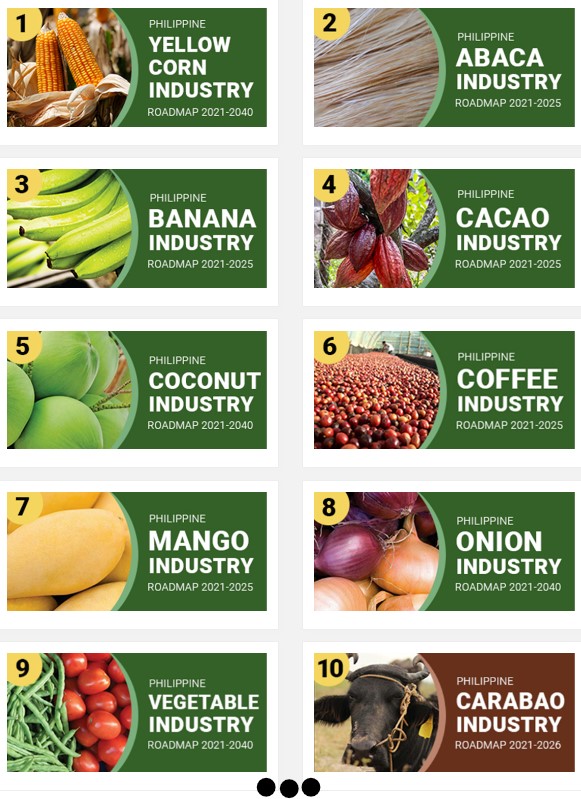The Department of Agriculture (DA), in coordination with the Bureau of Plant Industry (BPI), successfully conducted an inspection of three farms located in Baguio City, Tuba, and Itogon, Benguet, as well as within the local government units (LGUs) of the BLISTTT area on April 21, 2025. The inspection utilized a co-created checklist developed on April 8, 2025, by DAP Scholar Leisley Deligen as part of his Capstone Project titled “PhilGAP Certification Process for Small-Hold Fruit and Vegetable Farmers.”
The three farms—CSB Family Farm, Fit and Fab Farm, and ML’s Harvest Farm—each exemplify dedication to responsible agriculture and have demonstrated compliance with PhilGAP’s rigorous requirements.
All three farms met the standards required for Philippine Good Agricultural Practices (PhilGAP) certification, reaffirming the region’s commitment to safe and sustainable farming.
CSB Family Farm in Bedjajing, Taloy Norte, Tuba, operated by Carolina Binay-an, transitioned from synthetic to organic farming in 2017 after ceasing operations in 2010 due to poor soil conditions and declining yields. Since adopting good agricultural practices and securing PhilGAP certification in 2022, the farm has reported improvements in production efficiency and marketability of their products. According to Binay-an, PhilGAP opened opportunities for various DA assistance aligned to food quality and improved productivity.
Fit and Fab Farm, owned by Margarita Joseph, is nestled along Acapulco Road, Lucnab in Baguio City. Originally a pigpen, the area was converted into a thriving organic garden in 2017 for personal consumption. It has since evolved into a certified Learning Site for Agriculture. With crops and poultry under her care, Joseph sought GAP certification as part of the requirements to enhance her farm’s credibility and reach.
ML’s Harvest Farm, managed by Martiza Lunod in Labilab, Loacan, Itogon, Benguet, has been a model of adaptive farming. They achieved organic certification in 2012 and PhilGAP in 2014. Lunod emphasized the personal and economic benefits of GAP, including improved food safety, income, and community access to quality produce. The farm also sustains a tilapia fishpond as part of its diversified operations.
These success stories of farmers reflect the growing impact of the DA’s advocacy for improved and sustainable agricultural practices and organic farming. The certification ensures that produce is safe, of high quality, and grown with consideration for the environment and worker welfare.

